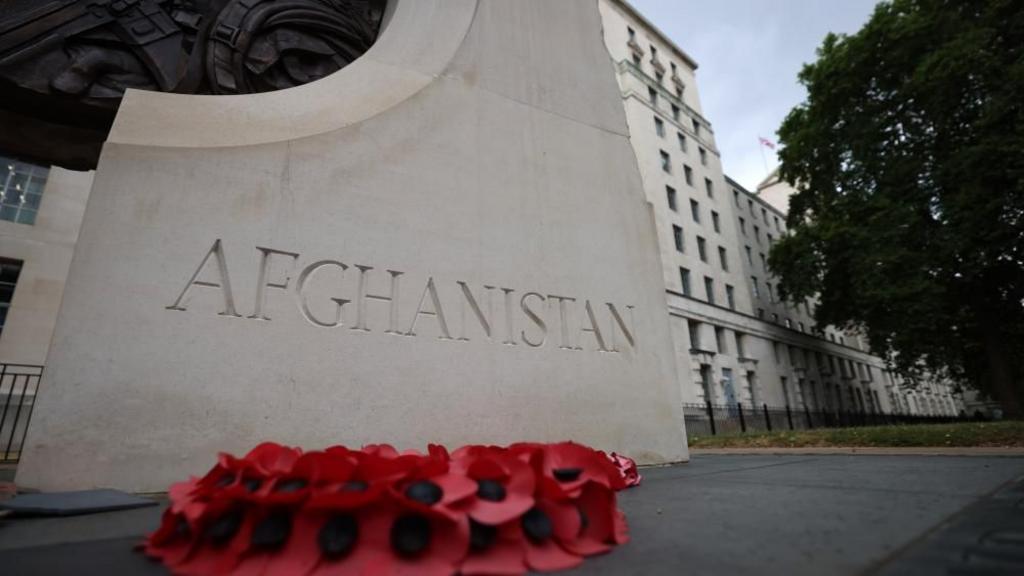Over three years have passed since a British official inadvertently exposed a dataset containing the identities and contact information of thousands of individuals seeking to escape potential Taliban reprisals.
In April 2024, the government initiated the relocation of some of these individuals to the UK. This development is only coming to light now due to the extraordinary measures taken to suppress the breach and its subsequent fallout.
As the full extent of the situation is finally revealed to the public, critical questions remain for Britain’s security establishment.
Data breaches are a recurring issue, as demonstrated by events such as WikiLeaks, the Snowden leaks, and the countless cyberattacks and ransomware incidents affecting companies on a near-daily basis.
While not new, data leaks can have life-threatening consequences, and this instance may very well be one of them.
The revelations that have emerged are likely to send a chill down the spines of hundreds, if not thousands, of Afghans who fear retribution from the Taliban.
For those already evacuated to Britain, it likely means they can never return home while the Taliban remain in power.
For the 600 former Afghan government soldiers and their estimated 1,800 dependents still in Afghanistan, the news will bring little comfort until the UK fulfills its pledge to ensure their safe passage out of the country.
It is crucial to remember that this situation did not arise from a deliberate, sophisticated cyberattack by a state-sponsored hacking group.
Rather, it stemmed from an unintentional error made by a single individual working for the Ministry of Defence.
UK forces were deployed to Afghanistan alongside US and NATO allies for nearly two decades, from October 2001 to August 2021.
During this period, they collaborated closely with their Afghan government counterparts, relying heavily on their local knowledge and expertise.
The most sensitive area of cooperation involved Special Forces (SF), who were particularly targeted by the Taliban.
When Kabul and the rest of Afghanistan fell to the Taliban in the summer of 2021, it became clear that the relocation of these former Afghan SF soldiers and their families to safety was a top priority.
However, thousands more Afghans also risked their lives working with the British over those two decades.
Many were motivated by patriotism, believing they were contributing to a better future for Afghanistan.
Others were driven by financial considerations, while some trusted Britain to protect their lives and personal information.
This data breach now threatens to undermine any future assurances from British officials who claim, “Trust us, your data is safe with us.”
When this “unauthorised data breach” was finally discovered, a full 18 months after it occurred, the UK government secured a super-injunction to prevent its publication by the media.
A super-injunction is an extreme measure that prohibits even reporting on the existence of the injunction itself.
This restriction has only been lifted now, following an independent review.
While there is a logical argument to be made that this measure was necessary to safeguard the lives of those affected by the data breach,
questions are now being raised about whether the injunction – sought by the previous Conservative government – may have also served political purposes.
Mr. Justice Chamberlain, the High Court judge who lifted the super-injunction, stated that it had “had the effect of completely shutting down the ordinary mechanisms of accountability which operate in a democracy.”
If you are willing to speak to a BBC journalist in relation to this story, you can do so here.
Details of nearly 19,000 people who wanted to leave Afghanistan were mistakenly leaked three years ago.
The existence of the scheme could not be reported until now because of a court injunction.
Delays and personnel shortages are “undermining the armed forces’ warfighting capability”, a report says.
Donja was adopted by her handler and is now a loyal guardian and companion for his wife.
Afghans whose personal information was mistakenly exposed by the Ministry of Defence to get up to £4,000 each.

